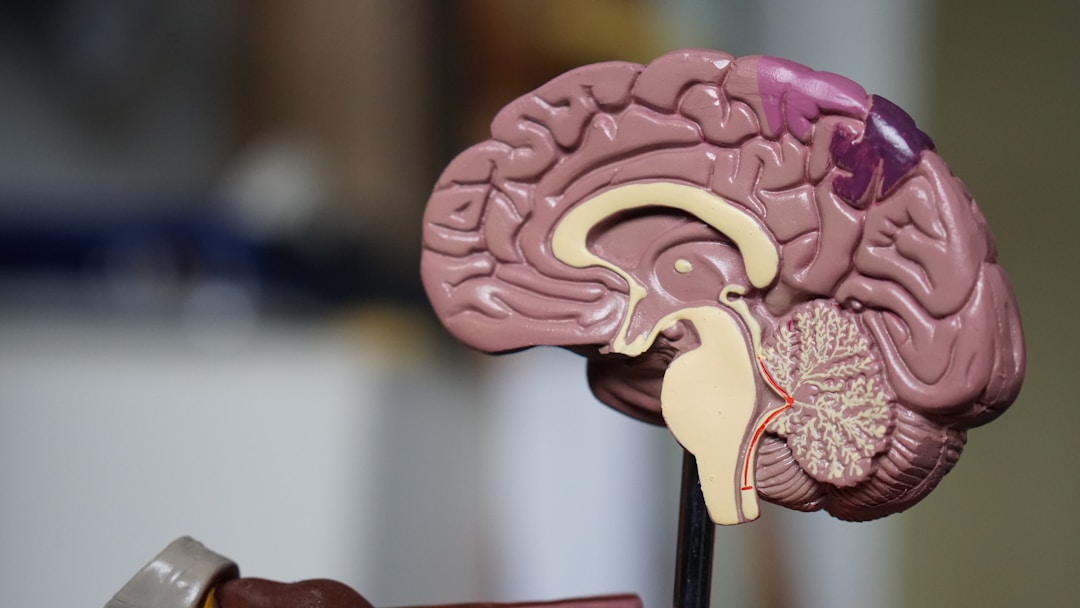Alzheimer’s disease affects millions of people all over the world, but we still have a long way to go in the search for a cure. Until there is a way to prevent or stop the progression of the disease, quality of life and symptom management are typically the primary concerns for patients and their families. Since CBD became legal in 2018, there has been a great deal of interest in whether it may have medical benefits. There has been a significant investment in research on the subject, with promising results in many cases. If you or someone you know has Alzheimer’s disease, read on to learn more about whether or not CBD can help.
Can CBD help with Alzheimer’s disease?

Many people within the Alzheimer’s community have been watching the developments surrounding CBD’s medical applications with interest. CBD is short for cannabidiol, which is one of the cannabinoids found in the cannabis plant. Since the 2018 Farm Bill legalized the sale and manufacture of hemp byproducts like CBD in the United States, researchers have been exploring its potential uses, especially within the health care field.
Currently, there are no clinical studies or evidence that support the claim that CBD could stop, slow, reverse, or prevent any type of dementia, including Alzheimer’s disease. However, that doesn’t mean there isn’t a potential role for CBD to play for patients. There is some research that suggests cannabidiol could be used to manage symptoms that are often associated with dementia, like increased agitation and aggression.
If you plan to try cannabis products, especially as an Alzheimer’s disease patient, you should talk to your doctor before using them for the first time. Your doctor can explain how CBD may impact your health conditions or interact with your other prescribed medications. Anyone with a serious or chronic illness should be proactive about including their doctor in decisions about health and wellness.
What is Alzheimer’s disease?

Treating Alzheimer’s disease or caring for someone who has it requires a thorough understanding of the disease itself and which parts of the brain it affects. Alzheimer’s disease is a neurological disorder that causes the brain to atrophy and cells to die. It’s the most common cause of dementia and is estimated to affect as many as 5.8 million people in the United States. It causes a progressive and ongoing decline in thinking, as well as behavioral and social skills.
The first symptoms often are connected to forgetting recent events and conversations. People also experience trouble remembering and recalling information and struggle to organize their thoughts. In many cases, friends and family members often notice symptoms before the person who is experiencing them. In later stages of the disease, patients typically have severe and permanent memory impairment and are unable to carry out the majority of their everyday tasks.
There are some medications and treatments that can temporarily improve or slow the progression of symptoms, but there is no treatment that can cure the condition or alter the process of the disease within the brain. The treatment plan for those diagnosed with this type of dementia is usually focused on alleviating symptoms and improving overall quality of life.
Though CBD shows promise as a part of a routine designed to manage symptoms, there isn’t any data to back up the suggestion that it could slow disease progression or provide a cure. Some patients may notice that symptoms like aggression and irritability respond well to CBD, but it’s always best to discuss using CBD with your doctor before including it in your treatment plan. Dementia, and particularly Alzheimer’s disease, can be difficult in even the best of circumstances, but it’s always a good idea to keep an open mind and keep up with new research that could give Alzheimer’s patients a better quality of life.






